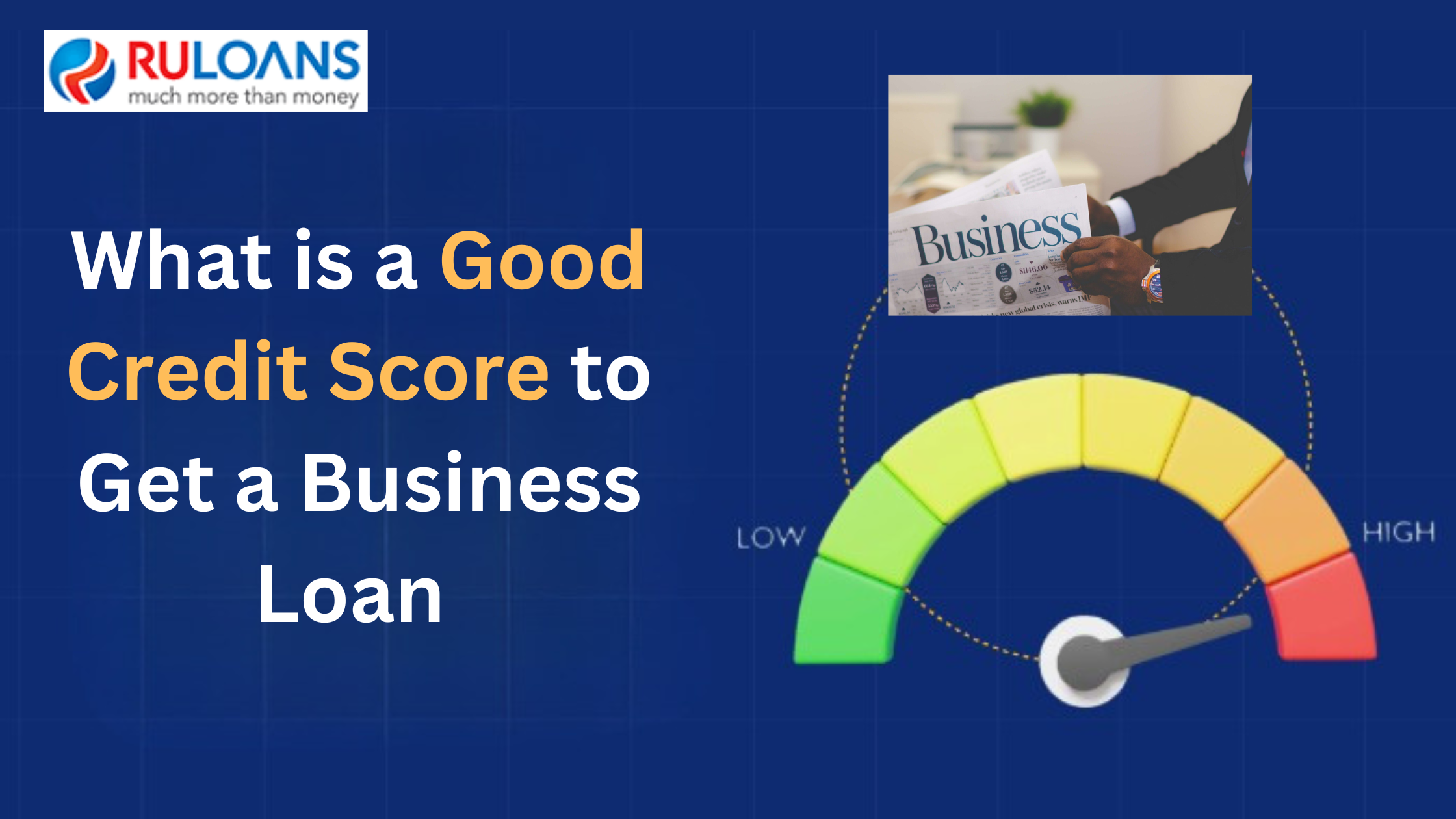Understanding Credit Score
A credit score is a numerical representation of a person’s creditworthiness. It is a three-digit number derived from a detailed analysis of a person’s credit files and credit history. This score plays a crucial role in your ability to secure a business loan.
The Influence of Credit Scores on Business Loans
A credit score greatly impacts your ability to secure a business loan. It influences the lender’s decision to approve or decline your loan application, the loan amount, the interest rate, and other loan terms. A higher score implies lower risk to the lender and thus increases the chances of loan approval.
The Desired Credit Score for a Business Loan
Typically, for a business loan, a credit score of 750 or above is considered good. Lenders perceive such borrowers as being reliable and are more inclined to approve their loan applications.
Factors Influencing Your Credit Score
Your credit score is influenced by several factors: Payment History: Late payments or defaults negatively impact your credit score. Credit Utilization: High utilization of credit limits can reduce your score. Credit History Length: Longer credit histories can improve your score. Credit Mix: Having a mix of credit types can positively influence your score. Inquiries: Multiple credit inquiries in a short time can lower your score. Public Records: Bankruptcies and other public records can also lower your score.
Types of Business Loans
There are various types of business loans, including:
- Secured Loans: These require collateral having lower rate of interest and higher tenure.
- Unsecured Loans: These do not require collateral having higher rate of interest but lower tenure.
- Government-backed Loans: These are guaranteed by the government.
- Microloans: These are small loans typically used for start-ups.
- Merchant Cash Advances: These are based on credit card sales.
Improving Your Credit Score
To improve your credit score:
Pay Your Bills on Time: This illustrates responsible financial behavior.
Keep Your Credit Utilization Low: High credit utilization can lower your score.
Increase Your Credit History Length: The longer your credit history, the better.
Diversify Your Credit Mix: Different types of credit can enhance your score.
Limit Your Inquiries: Too many inquiries can lower your score.
Dispute Any Errors on Your Credit Report: Errors can unfairly lower your score.
Securing a Business Loan with a Low Credit Score
Even with a low credit score, you can increase your chances of securing a business loan: Get a Cosigner: A cosigner with a good credit score can increase your chances of loan approval. Offer Collateral: Assets can be used as collateral to secure the loan. Prepare a Strong Business Plan: A solid business plan demonstrates the viability of your business to lenders. Shop Around for Lenders: Different lenders have different credit score requirements.
FAQs
1. What is a good credit score for a business loan?
Typically, a credit score of 750 or above is considered good for a business loan.
2. How can I improve my credit score?
Pay your bills on time, keep your credit utilization low, increase your credit history length, diversify your credit mix, limit your inquiries, and dispute any errors on your credit report.
Key Takeaways
While a credit score of 750 or above is generally desirable for securing a business loan , it’s not the only factor considered by lenders. Other aspects such as your business plan, financials, and collateral also play a role. Even with a low credit score, there are steps you can take to increase your chances of securing a loan.
Start Your Loan Journey with Ruloans Today!
Don’t let a low credit score discourage you. At Ruloans, we’re committed to helping you navigate the loan process and guide you to a suitable lender, increasing your chances of getting the business loan you need. Start your loan journey with us today.









